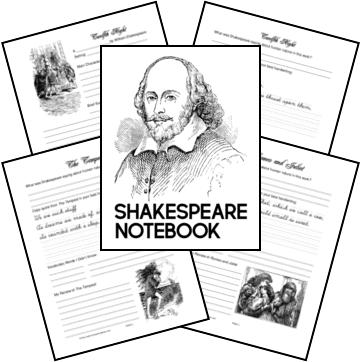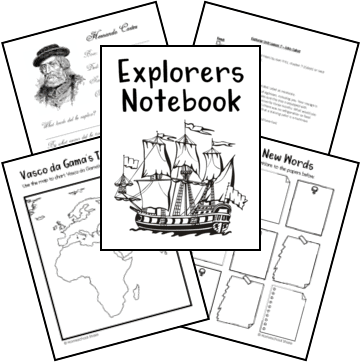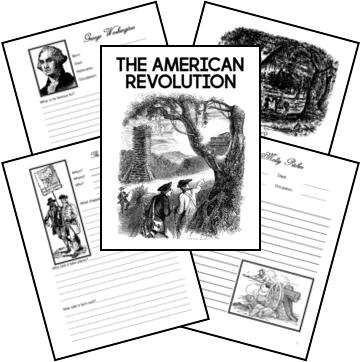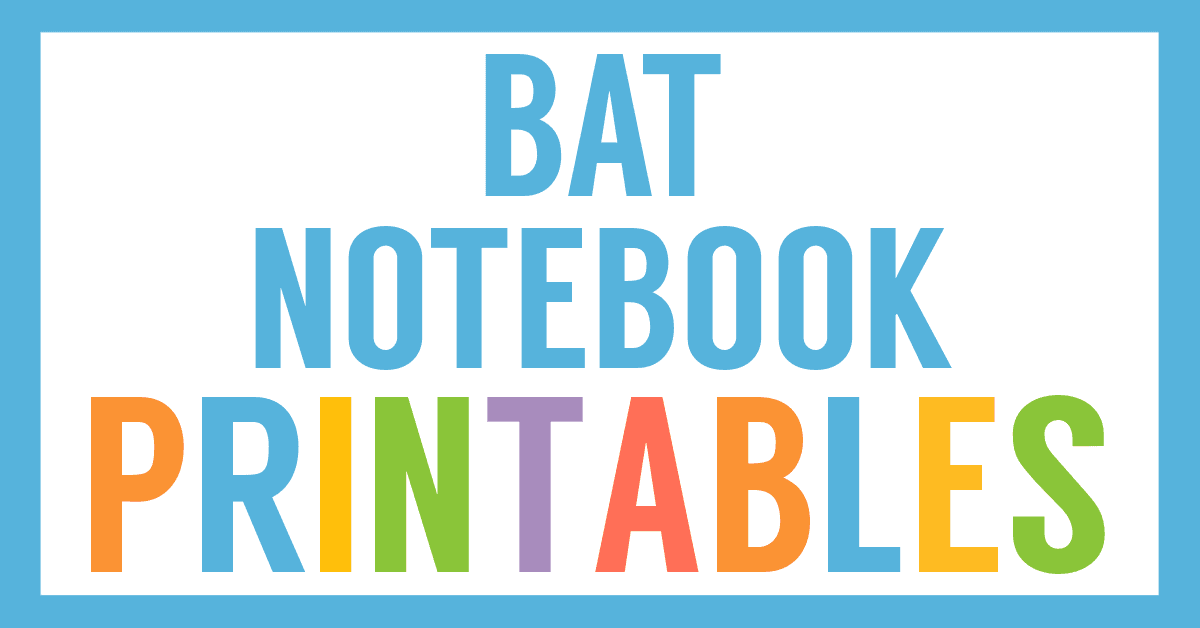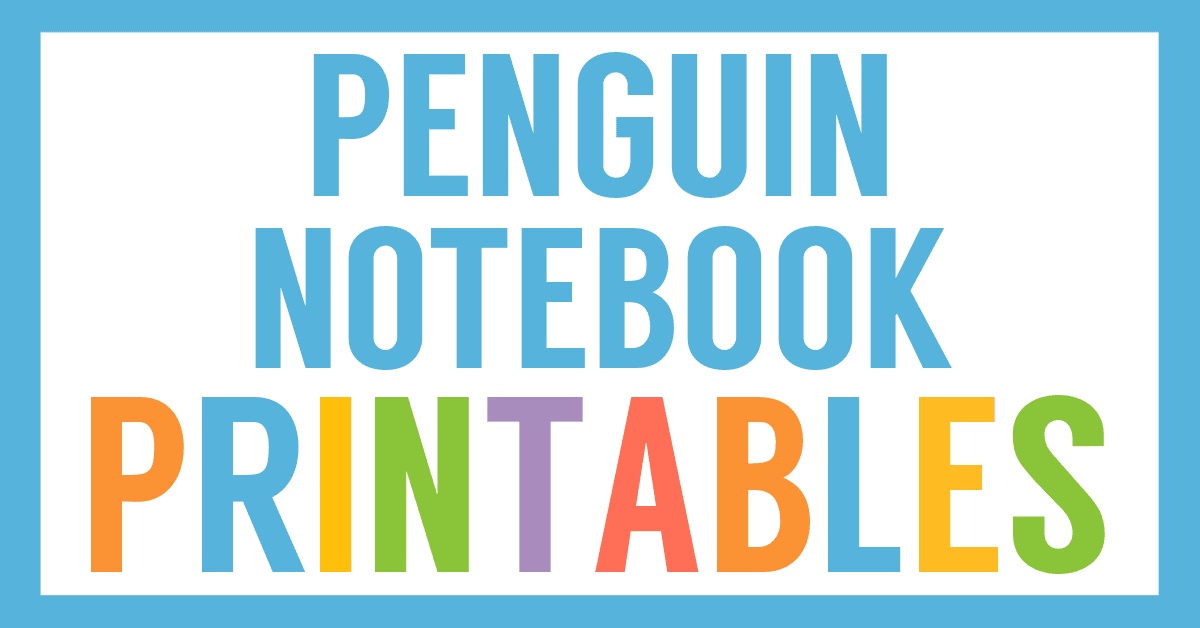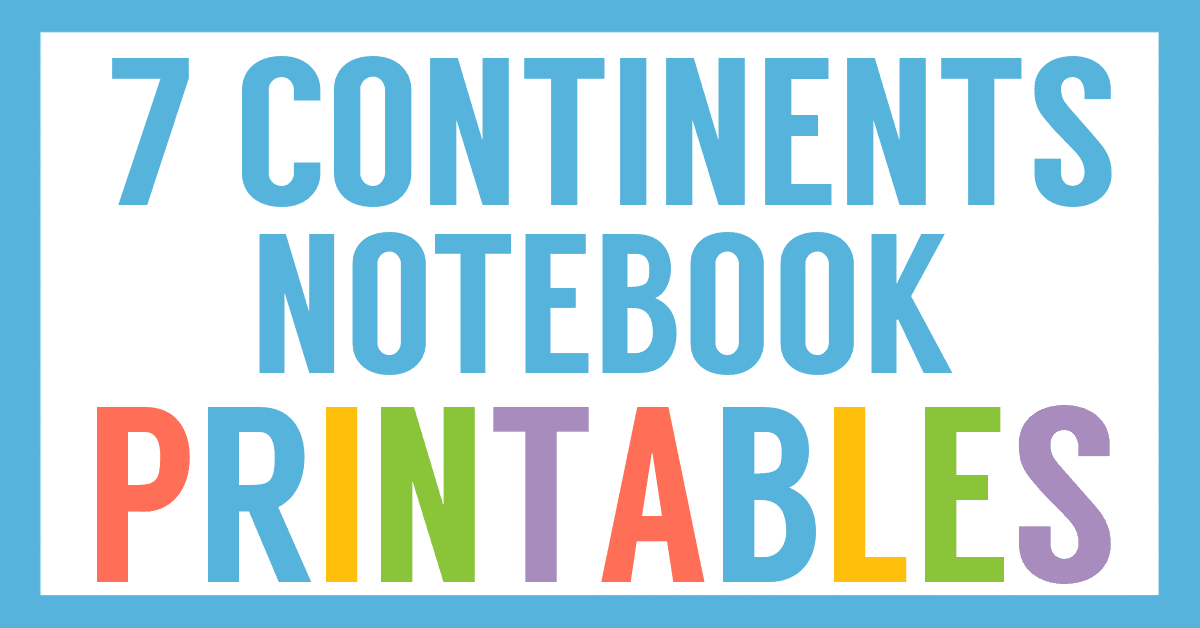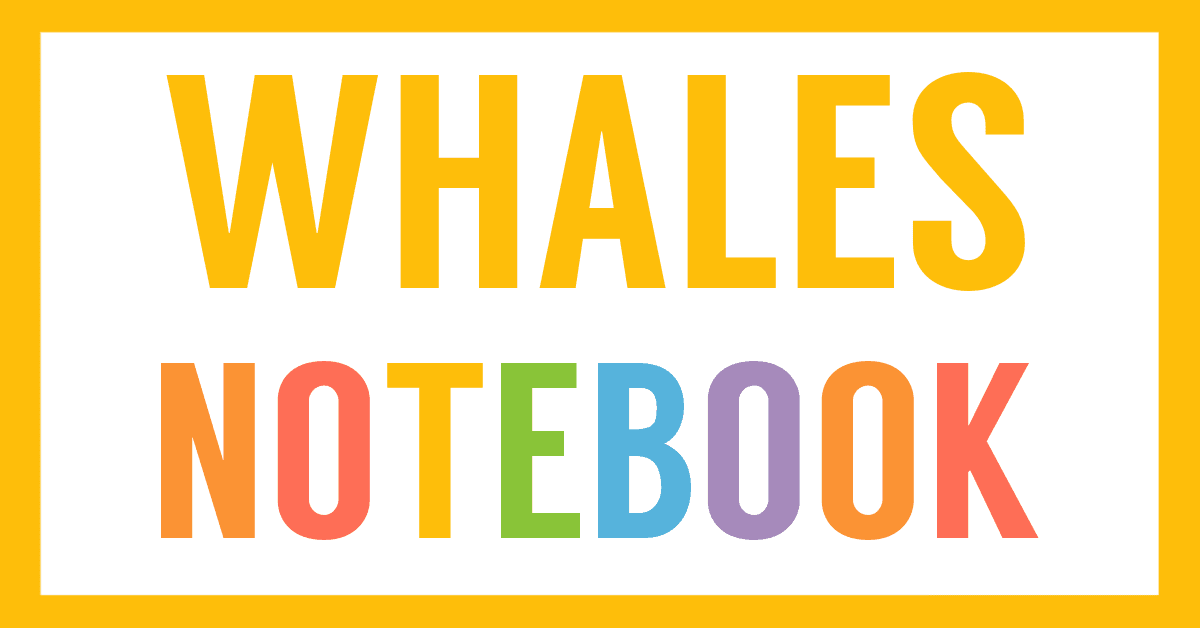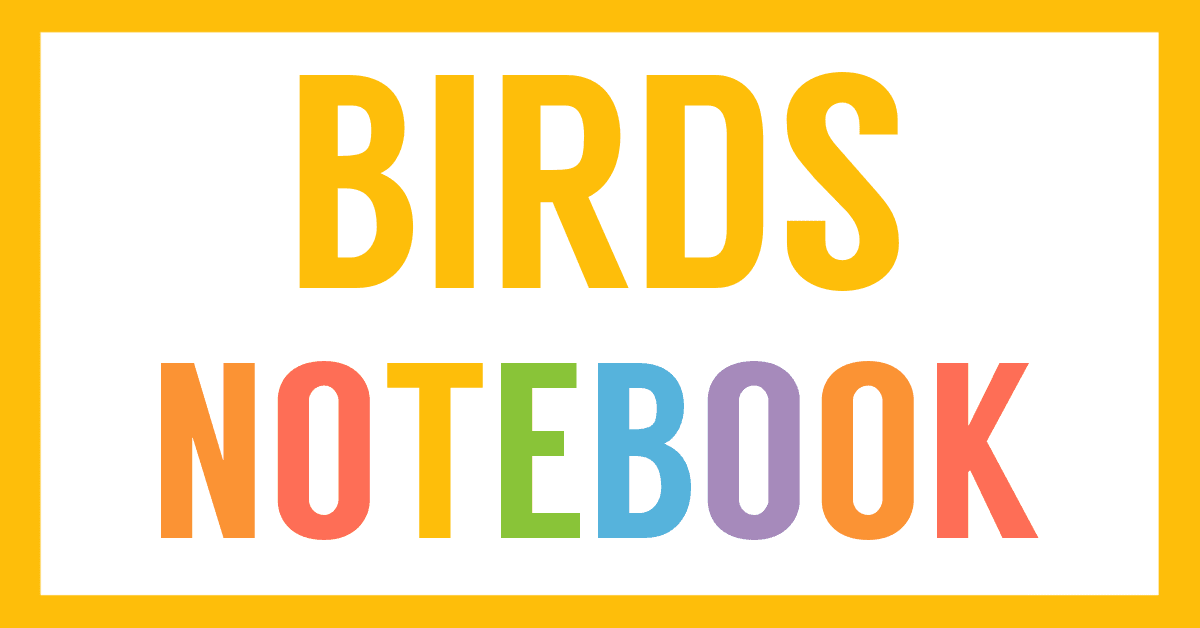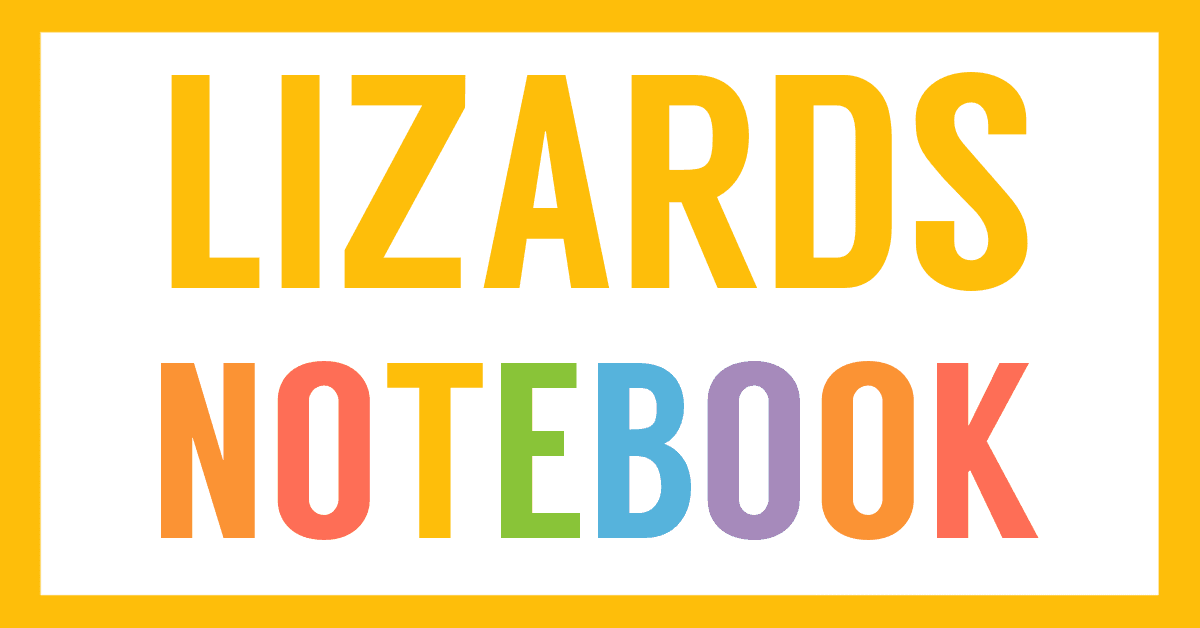Affiliate Disclaimer
We sometimes use affiliate links in our content. This won’t cost you anything, but it helps us to keep the site running. Thanks for your support.
Well, sir, learn to jest in good time; there’s a time for all things.
-William Shakespeare
And now might be the time to grab our Shakespeare Notebook and learn about the Bard. Read through the information below and get started.
Thanks to Wende for creating these William Shakespeare Notebook pages.
William Shakespeare Background Information
William Shakespeare was born at Stratford-on-Avon on April 23, 1564. He is supposed to have been educated at the free school of Stratford. At 18 years old he married Anne Hathaway. Four years later William and Anne moved to London, where they initially struggled with poverty. William got his foot in the door at local theaters, first by holding horses at the doors, then becoming an actor, and then a successful playwright and theater manager. During the years 1593-1594, the theaters were closed due to the plague, so William spent his time writing and publishing poems.
The next twenty years he spent in London as an actor, and in writing poems and plays, later becoming a shareholder as well as an actor. His works consisted of approximately 38 plays, ranging from the lightest comedy, through romance and historical narrative, to the darkest tragedy, 154 sonnets, two long narrative poems, and a few other verses. His plays have been translated into every major living language and are performed more often than those of any other playwright.
Having gained not only fame but a modest fortune, he retired in 1611 to live at ease in Stratford until his death on April 23, 1616 at the age of fifty-two.
How to Use the Shakespeare Notebook Pages
Notebook Pages for many of Shakespeare’s major works are provided for your student to complete independently.
These can be used along with the original plays, the plays in story form, or the plays in movie form. Read and/or watch the plays with your child, and then let him complete report on his own. You may want to first discuss what is expected on the reports.
Students will need to determine the kind of play, the setting, the characters, the conflict, and the resolution in order to complete the notebook pages.
These simple lessons are provided:
Kind of Play: Shakespeare wrote a variety of different kinds of plays. Discuss the different kinds of works with student.
Romance – a form of literature that presents life as we would like it to be rather than how it actually is. A romance usually involves adventure, love, and excitement.
Comedy – a form of literature, which is concerned with man’s inability to deal with reality. Human errors or problems appear funny.
Tragedy – a literary work in which the hero is destroyed by some flaw within his character and by forces which he cannot control.
History – a form of literature based on facts, but often times embellished for entertainments sake.
Setting: The setting of the story is where and when it takes place.
Characters: You will meet many interesting characters in the works of Shakespeare. Record the Main Characters on Notebook Page, as well as some of their traits. Record both physical traits, which tell what a person looks like, and character traits, which tell what a person acts like. You may also want to mention whether the character was a human or a mythological being.
Conflict and Resolution: Conflict is the clashing or colliding of thoughts, feelings, or actions in a story. There are five basic types of conflict. As you read and/or watch each work, decide what kind of conflict is present.
Man vs. Man: this is when one character in the story has a problem with one or more other characters in the story.
Man vs. Society: this is when a character has a conflict or problem with some element of society. It could be problems with school, the law, the accepted way of doing things, etc.
Man vs. Himself: this type of conflict comes up when a character has trouble deciding what to do in a given situation.
Man vs. Nature: this is when a character has a problem with some natural occurrence, such as a snowstorm, an avalanche, a volcano, etc.
Man vs. Fate (God): This is when a character battles what seems like uncontrollable, coincidental problems.
Pages Included in the Shakespeare Notebook
These twelve plays are included in the Shakespeare Notebook, and two pages are included for each play:
- A Midsummer Night’s Dream
- As You Like It
- Hamlet
- King Lear
- The Tempest
- Macbeth
- Merchant of Venice
- Much Ado About Nothing
- Romeo and Juliet
- The Taming of the Shrew
- Timons of Athens
- Twelfth Night
Recommended Shakespeare Book List
- Beautiful Stories from Shakespeare for Children by E. Nesbit
- Tales From Shakespeare by Charles & Mary Lamb
- William Shakespeare and the Globe by Aliki
- Bard of Avon: The Story of William Shakespeare by Diane Stanley
Get Your Free Shakespeare Notebook
Simply click on the image below to grab your free set of Shakespeare Notebook Pages.
Check Out These Additional Resources for Your Student
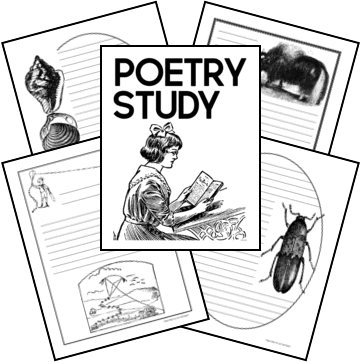
Unit Study

